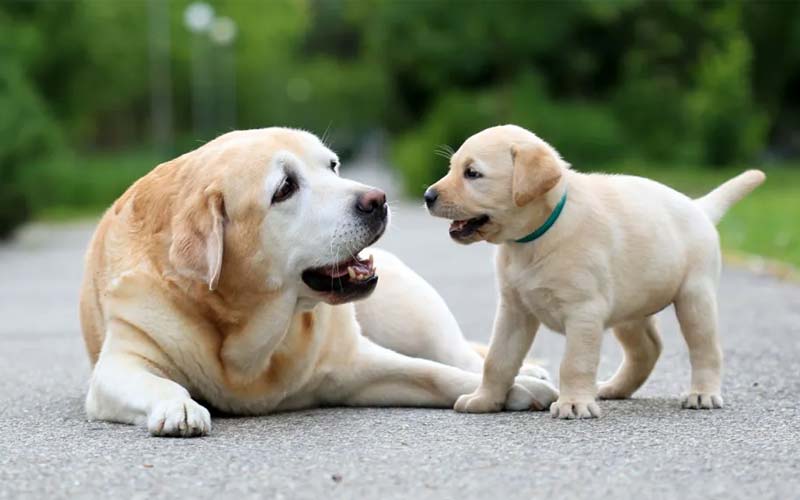Discover when puppies become easier to manage. Learn about key developmental stages, training tips, and what to expect as your puppy grows.

At What Age Do Puppies Become Easier To Manage?
Puppies bring joy, energy, and a lot of responsibility into our lives. Many new dog owners find themselves asking, “At what age do puppies become easier to manage?” Understanding the developmental stages of a puppy can help you prepare for the challenges and rewards of raising a well-behaved dog.
Key Developmental Stages of Puppies
1. Neonatal Period (0-2 weeks)
During this stage, puppies are entirely dependent on their mother for nutrition and warmth. Their eyes and ears are closed, and they spend most of their time sleeping and eating.
2. Transitional Period (2-4 weeks)
Puppies begin to open their eyes and ears, start to crawl, and become more aware of their surroundings. Social interactions with their littermates and humans start during this time.
3. Socialization Period (4-12 weeks)
This critical phase involves significant learning and social development. Puppies learn to interact with other dogs, humans, and their environment. Proper socialization during this period is essential to prevent behavioral issues later in life.
4. Juvenile Period (3-6 months)
Puppies start to exhibit more independence and may test boundaries. Training and consistent reinforcement of good behaviors are crucial during this stage to establish a foundation for a well-behaved adult dog.
5. Adolescence (6-18 months)
Adolescence can be a challenging time as puppies go through hormonal changes and may become more stubborn or rebellious. However, with consistent training and patience, this phase can be managed effectively.

When Do Puppies Become Easier to Manage?
Puppies generally become easier to manage as they approach adulthood, around 1 to 2 years of age. However, the exact age can vary depending on the breed, individual temperament, and the consistency of training and socialization efforts. Here are some milestones to look for:
1. Improved Attention Span
As puppies grow, their attention span increases, making it easier to teach and reinforce commands. By around 6 months, you should notice your puppy being more attentive and responsive during training sessions.
2. Decreased Chewing and Biting
Puppies are notorious for chewing and biting as they explore their world and teethe. This behavior typically decreases significantly after 6 months, though it can persist in some dogs until they are about a year old.
3. Better Bladder Control
Housebreaking a puppy can be a daunting task. Most puppies gain better bladder control by around 4 to 6 months of age, with fewer accidents in the house as they grow older.
4. Settling into a Routine
By the time a puppy reaches 1 year old, they are usually more comfortable with their daily routine, including feeding times, walks, and sleep schedules. This routine helps reduce anxiety and makes them easier to manage.
Tips for Easing the Management of Puppies
1. Consistent Training
Start training your puppy as early as possible using positive reinforcement techniques. Consistency is key to establishing good behaviors and preventing bad habits.
2. Proper Socialization
Expose your puppy to different environments, people, and other animals to build their confidence and reduce fearfulness. Proper socialization is crucial during the early months.
3. Provide Mental and Physical Stimulation
Puppies have a lot of energy and need regular exercise and mental stimulation to prevent boredom and destructive behavior. Interactive toys, puzzle feeders, and regular playtime can help keep them engaged.
4. Patience and Persistence
Raising a puppy requires a lot of patience and persistence. Understand that each puppy is unique, and progress may vary. Stay consistent with your training and provide a loving, supportive environment.

Puppies typically become easier to manage as they mature, with significant improvements often seen between 6 months and 1 year of age. Consistent training, proper socialization, and meeting their physical and mental needs can help smooth the journey from rambunctious puppyhood to a well-behaved adult dog. With patience and dedication, you can enjoy the rewarding experience of raising a happy and well-adjusted canine companion.